American customers of Chinese online discount retailers like Shein and Temu have caught a break on prices with a reduction in duties on packages.
The Trump administration announced on Monday that it would reduce tariffs on low-cost packages that fall under the de minimis exemption from China to 54 percent from 120 percent.
The de minimis tax law is a loophole that allows low-cost parcels to enter the U.S. duty free and avoid customs inspections if they have a retail value under $800. The announcement was made on the same weekend that the U.S. and China paused higher tariffs on each other for 90 days.
A flat fee of $100 will remain on parcels starting from May 14. But a $200 charge due to apply from June was canceled.
Z. John Zhang, a professor of marketing at the Wharton School of the University of Pennsylvania, told China Daily that "Shein and Temu have become so popular with U.S. shoppers because they "get the order and then produce it" allowing them to be "fast, low-cost and have a lot of choices".
The move is widely seen as another step in de-escalating the trade war between the world's two largest economies. It will also enable the companies to import more goods amid the pause.
"This is great for Shein and Temu, if nothing else, to replenish their U.S. inventory," Yao Jin, associate professor of supply chain management at Miami University of Ohio told USA Today.
Estimates by Baird Equity Research suggest that at least 75 percent of all the packages that entered the U.S. under de minimis were from China in 2018. Today, it is over 60 percent.
In 2018, Chinese exports under de minimis were $5.3 billion, but rose rapidly to $66 billion in 2023, the Congressional Research Service found. Much of the parcels are shipped directly from China to the customer.
In February, Trump first suspended the rule for China in an executive order by imposing a tax of 120 percent of the package's value or a planned flat fee of $200.
The administration initially described its move as a "critical step in countering the ongoing health emergency posed by the illicit flow of synthetic opioids into the U.S.".
But the pause sparked confusion as the U.S. Postal Service announced that it would stop accepting parcels from China temporarily. It reversed course 12 hours later, and service was resumed.
The Trump administration then delayed the implementation of the rule until the Commerce Department could set up a system to process inspections and levies on the shipments.
U.S. Commerce Secretary Howard Lutnick confirmed to the administration last month that sufficient systems were in place to collect tariff revenue.
On April 2, "Liberation Day", President Donald Trump signed an executive order to eliminate de minimis for China.
In fiscal year 2024, at least 1.36 billion shipments utilized de minimis, an increase of 637 million in 2020, according to U.S. Customs and Border Protection.
In 2018, Chinese exports under de minimis was $5.3 billion but rose rapidly to $66 billion in 2023, the Congressional Research Service found. Much of the parcels are shipped directly from China to the customer.
It could have cost Americans between $11 billion and $13 billion if the rule were eliminated, according to The Value of De Minimis Imports by the University of California, Los Angeles Department of Economics and Yale University.
Zhang, who helps companies on pricing strategies, market entry and channel and retail management had previously warned that Temu and Shein might have to adjust their business models if de minimis ended.
Last month, Shein and Temu announced a price increase to offset the extra costs. Shein cited "recent changes in global trade rules and tariffs."
Zhang advised that the way that they can keep U.S.-based customers, despite any higher fees, is to keep the ethos of fast fashion alive, like providing low-cost goods, using automation and shifting more production to the U.S..
He suggests that their business models should evolve to include more local hubs in the U.S. to send items from instead of relying so much on warehouses in China.
"They really should begin to change and develop a new business model. The possibility is to shift your business all the way and do your business in the U.S. instead of using more automated equipment in China," he said. "If Temu and Shein go that route, they would definitely stand out in this environment. There is huge first-mover advantage."
The de minimis exemption, Section 321 of the Tariff Act of 1930, first appeared in 1938. Its initial aim was to allow Americans to bring back souvenirs from abroad.
It allowed for small packages valued at less than $5 (worth $160 today) to get to customers quickly and efficiently. The value allowed went from $200 in 1994 to $800 in 2016 per person per day.











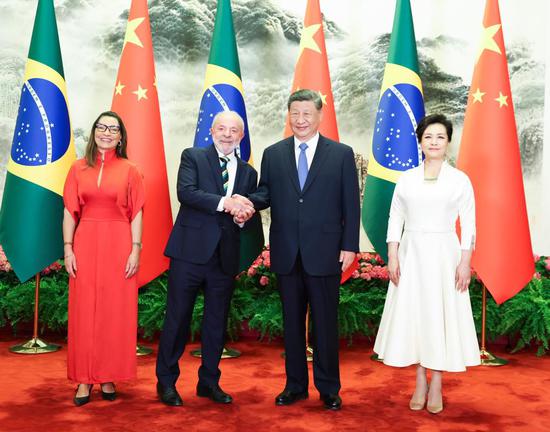
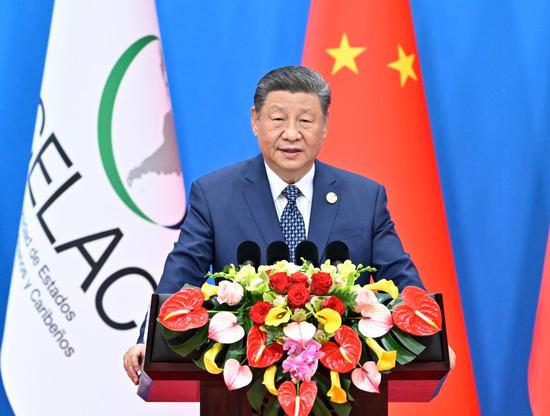










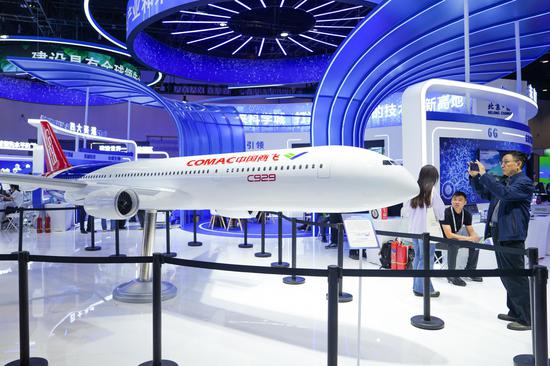

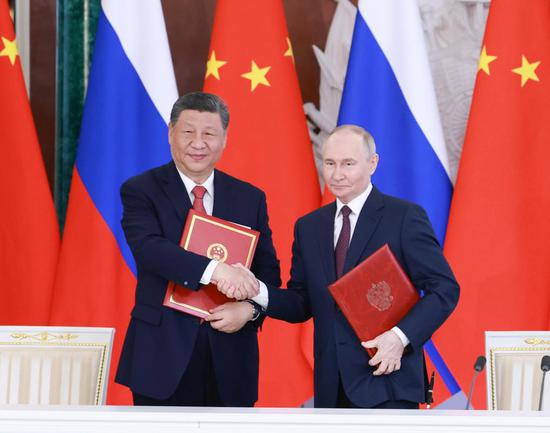

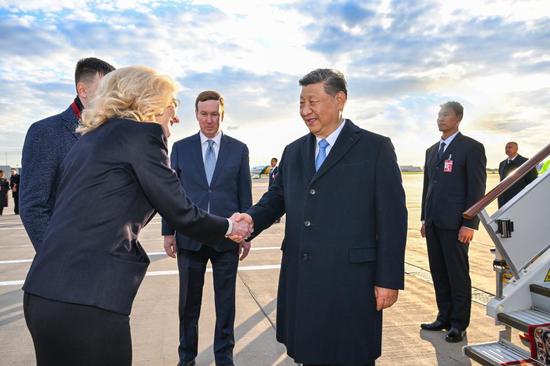












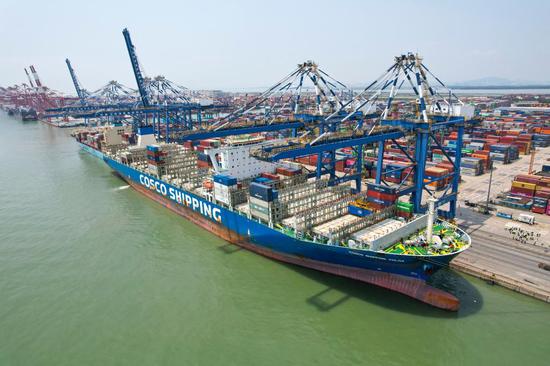









 京公网安备 11010202009201号
京公网安备 11010202009201号